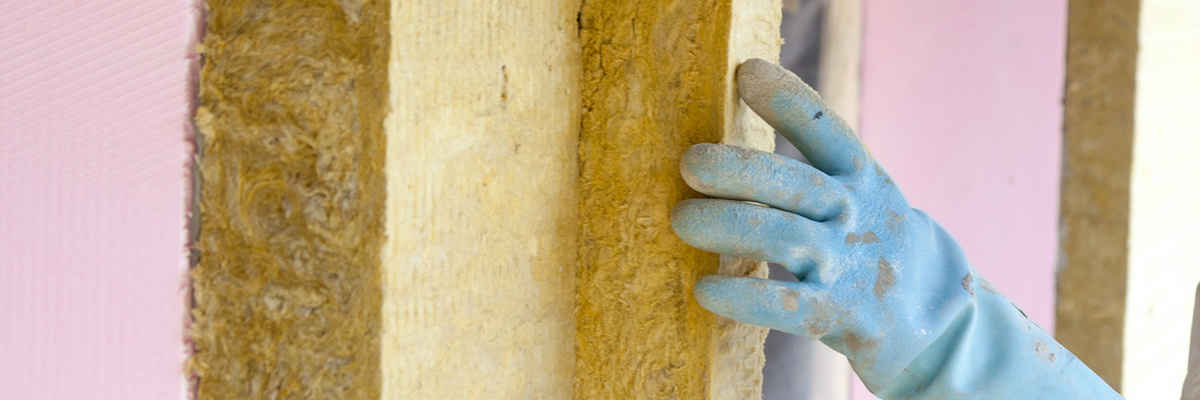What are the benefits of residential insulation?
There are a few potential benefits to residential insulation, but in general it can be said that insulation prevents heat from escaping. Dense materials such as concrete and brick tend to keep the heat in. They're excellent insulators because they do not allow air pores within their structure. On the other hand, materials that are not dense but have a high R-value (resistance) can also be used for insulation purposes. These types of insulating products trap pockets of air in their structure, which slows down heat transfer.
Products that are made from a material with a high R-value will obviously be better insulators than ones made from the same material but with a low value. As well, to make insulation even better at insulating your home it is recommended to construct the house out of materials with good thermal insulation properties
A common use of residential insulation is when house builders are constructing new homes. They want the home to remain at a stable temperature, so they install insulation in the form of boards or cellulose in exterior walls before they are finished
Insulation also helps keep energy bills down by helping your home keep its comfortable temperature year round. It also helps keep your home safer from the threat of fire, as it can help retain heat during a fire and prevent it from reaching your attic where the insulation might not be as good
So what are the benefits of residential insulation? In general, it prevents heat loss or gain and lowers energy costs by keeping your home warm in winter and cool in summer. It can help keep your home safe during a fire, and houses built with high quality insulation materials tend to remain comfortable regardless of the weather outside.
Call Now - (657) 500-3661
Get Your Free Quote!

How does Residential insulation work?
The insulation works by trapping the warm air inside. This then keeps it from your expensive heating and cooling system that is trying to keep things comfortable for you.
Residential insulation works to help protect the occupants of a building from airborne pollutants, exterior noise, and thermal extremes which can be found in our environment. It prevents solid waste from entering living quarters through external sources such as windows or drop ceilings - an excellent example of this is spray foam insulation, which stops any kind of ants, bugs, spiders...outside where they belong!
It also helps protect you from "outside" threats such as extreme cold and heat - reducing your utility bills in the winter by keeping warm air inside, and in the summer by keeping cool air inside. Residential insulation is substance that reflects or retards the flow of heat. If you think about it, when we bathe we want to keep warm air in and cold air out.
There you have it, the basics behind how does Residential insulation work!
Call Us Now - (657) 500-3661
